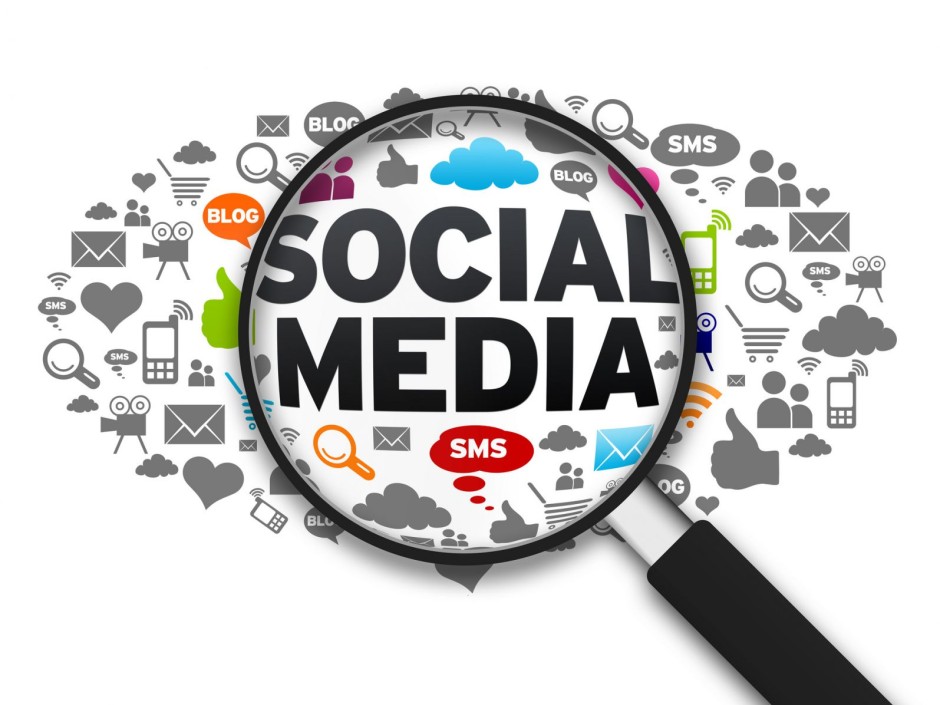European Commission finally admits their copyright proposal would levy a link tax for articles shared on social media
We’ve been arguing that the EU Commission’s new copyright proposal would affect news links shared on social media — and it looks like we’re right.
After many long months of arguing that its new copyright proposal would not affect hyperlinking, today the European Commission finally admitted, albeit unintentionally,that its plan would affect posting news links to social media.
The statement was made by Giuseppe Abbamonte, Director of the Media and Data Directorate for the Commission, at a European People’s Party hearing where politicians, industry reps, and other stakeholders discussed the proposed updates to the Copyright Directive.
When asked by Copyright Rapporteur Therese Comodini Cachia to clarify the implications of the proposed legislation for hyperlinking, Abbamonte replied (@ -10:00):
...if someone reproduces or shares online, or makes available to the public, an abstract of a work that reflects the creative effort made by the author then this person will engage in a copyright relevant act, and therefore may be required to make authorisation or make a payment but we are not actually changing this in the scope of the law.
In plain English: if you share something that includes any content from any article — be that a headline or a snippet of the text — you may be on the hook to pay, if you don’t have explicit permission from the publisher.
What this senior Commission official has essentially now admitted is that hyperlinkswill be affected by the Commission’s proposals, a concept which has been a sticking point we’ve been returning to with every round of debate and discussion. The statement was reported by Politico (paywalled) and, for those who have been working on taking the Commission to task for the negative consequences of its plan on our right to link and access information, this admission will bring renewed determination.
Abbamonte qualifies his statement by saying that it is actually the recent controversial CJEU ruling that puts snippets under copyright protection, and that the Commission’s proposals do not change the scope of application. But if snippets are copyrightable, and the Commission’s law gives a new right to press publishers for the online uses of their content — including, presumably, snippets that accompany hyperlinks when posted to social media — those links would be affected.
Paul Keller, of COMMUNIA, cheekily picked up on this conundrum on twitter, saying:
One of the biggest problems with this debate is the understanding of what counts when we’re talking about hyperlinks. We think that links without context — blue urls with no identifying information about what is on the other end — are virtually useless to Internet users.
This seems to be understood by Comodini Cachia and other MEPs who raise questions at the end of the hearing (-4:30) about the practical application of a naked hyperlink, pointing out that “the context” — the snippet of text describing the contents of the link — is critical to how we actually use links. It appears, in this case, that MEPs and the Commission are operating on different definitions of what is meant by a hyperlink.
The Commission, for its part, has repeatedly denied that linking will be in any way impacted by its plans, and that individual users will also not be affected. However, we only need to look so far as the text of their own proposal to see this argument fall apart. Article 11 of the proposal, as written, very clearly establishes a new copyright for press publishers, extending for 20 years, with no exceptions. As former Copyright Rapporteur and MEP Julia Reda says in her blog:
That draft plainly lays out that the publisher of a news article will have exclusive rights to store or copy any part of the article – e.g. the headline or an excerpt of even just a few words – for 20 years. No exception is made for even the tiniest snippets. No exception is made for individuals. Clearly, what we understand today as a link would be directly affected.
So now that the cat is out of the bag — and we can all agree that hyperlinks as they are currently used will be affected — can we start to discuss the negative consequences?
Your MEPs will soon have to vote on this copyright mess, so we encourage you to use our tool to start a conversation with your representatives today.



 Take action now!
Take action now!
 Sign up to be in the loop
Sign up to be in the loop
 Donate to support our work
Donate to support our work